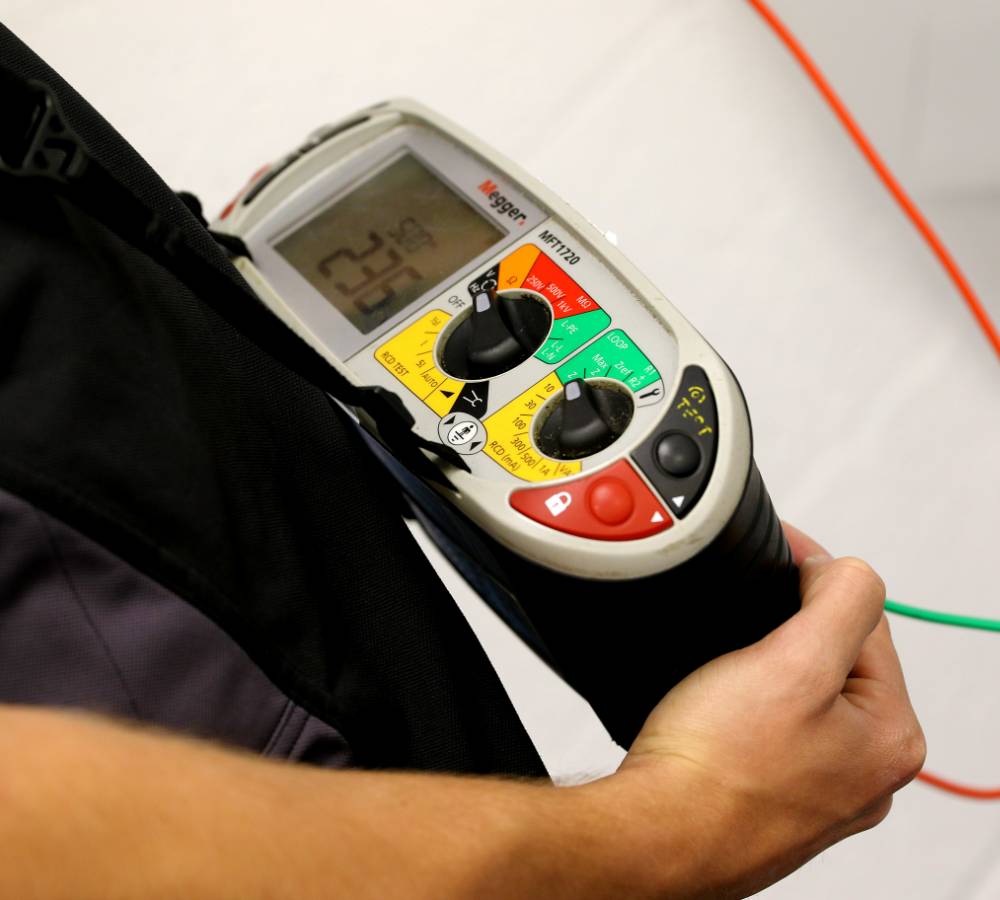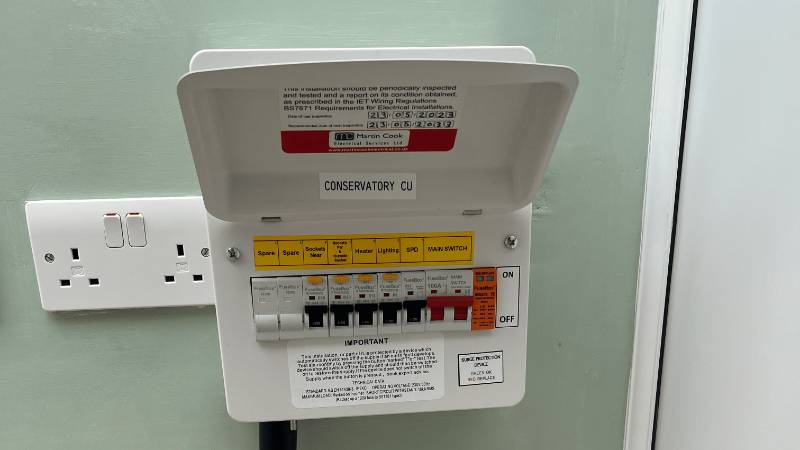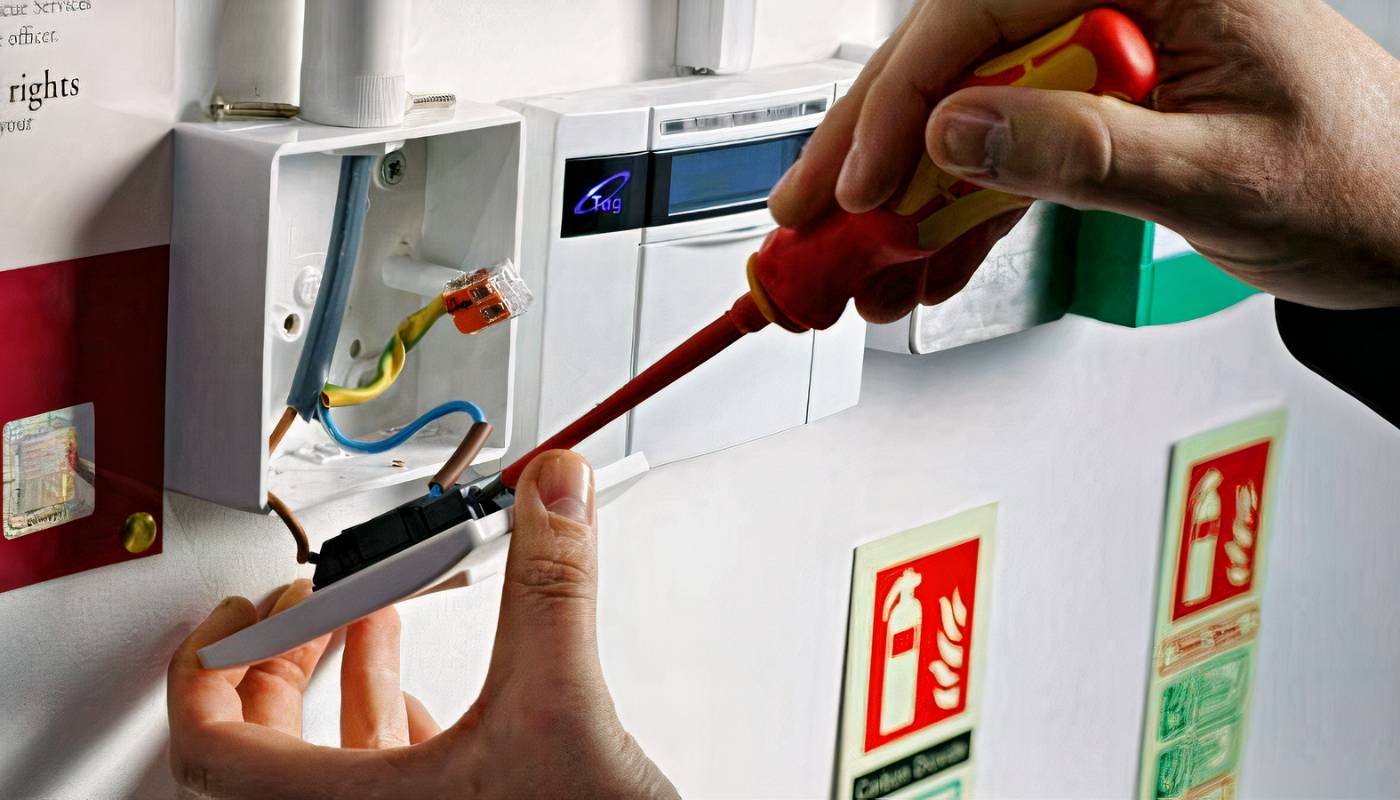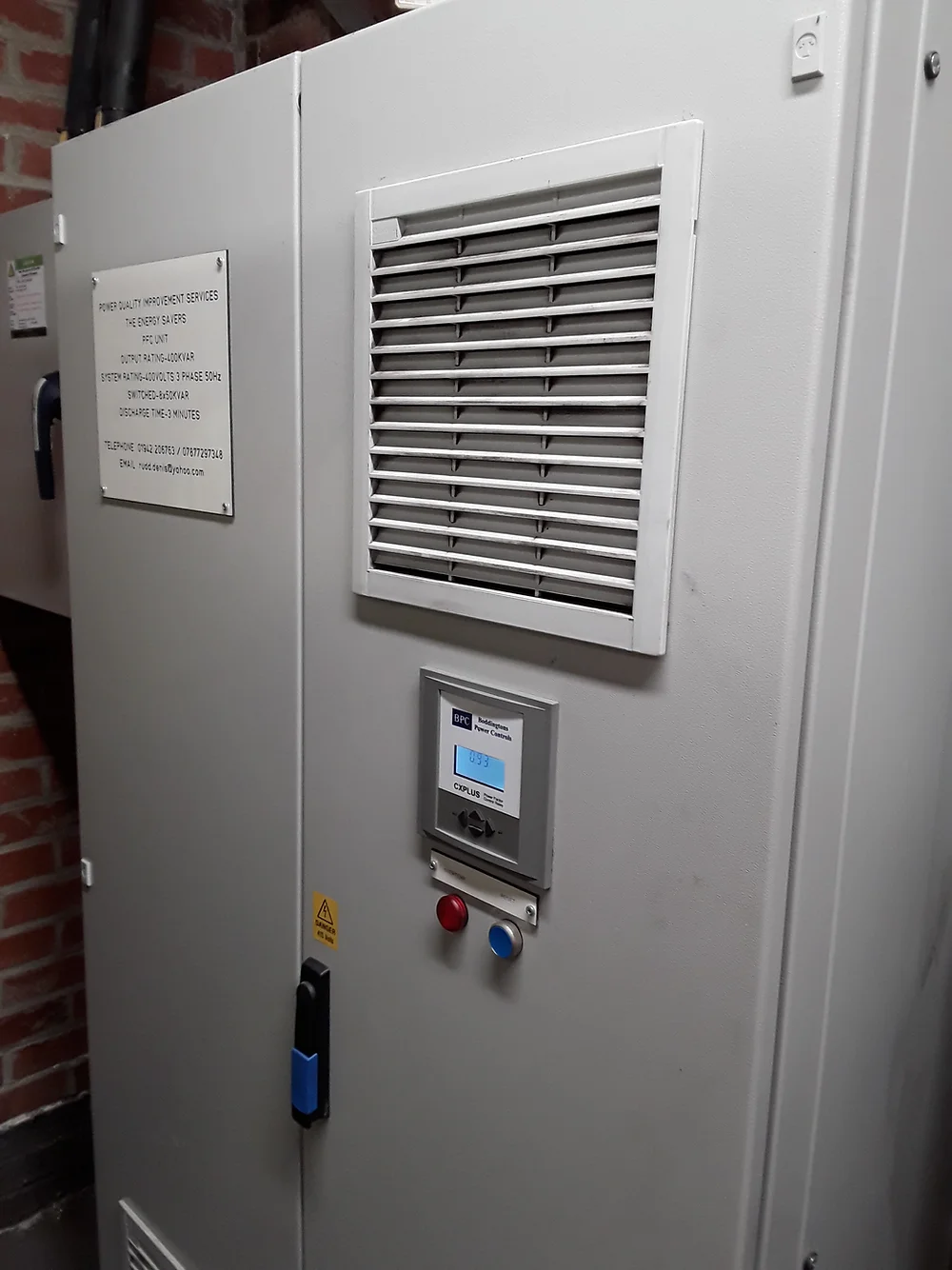Fixed Wire Testing in London – Are You Legally Compliant in 2025?
Running or managing a business in London? Whether you're managing an office, retail space, school or commercial unit - fixed wire testing isn’t optional. It’s a legal requirement. If you’re overdue or not sure when your last inspection was, this guide explains what fixed wire testing is, who needs it, how often it should be done, and how to book your test fast anywhere in London. What Is Fixed Wire Testing? Fixed wire testing (also known as an Electrical Installation Condition Report - EICR) involves inspecting and testing the permanent electrical systems within a building. This includes: Consumer units (fuse boards) Lighting and power circuits Sockets, switches, and hardwired equipment Earthing and bonding systems The goal is to ensure the installation is safe, compliant with BS 7671, and free from faults that could cause fire, electric shock, or power failure. The ultimate end goal is to ensure the installation is safe for continued use. Is Fixed Wire Testing a Legal Requirement? Yes. Under the Electricity at Work Regulations 1989, all employers and landlords must ensure their electrical systems are safe and properly maintained. The most recognised way to demonstrate this is through a periodic fixed wire test by a qualified...




